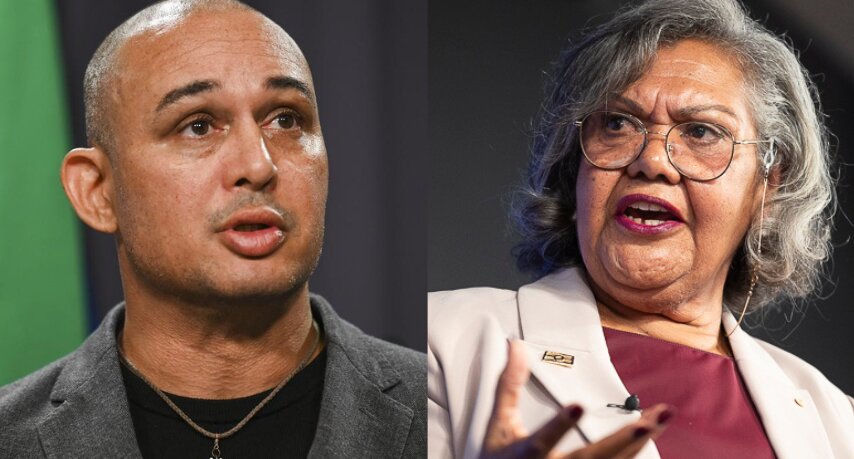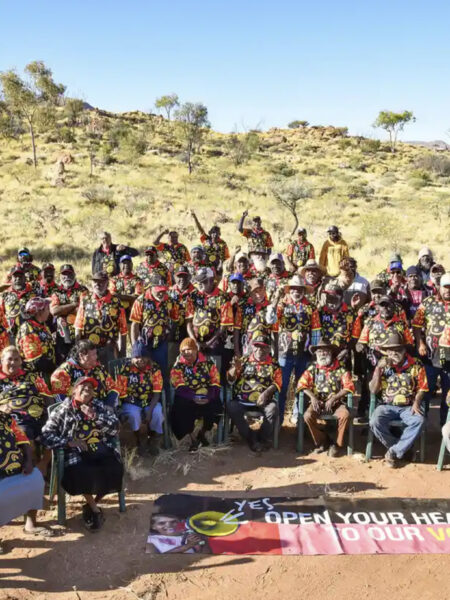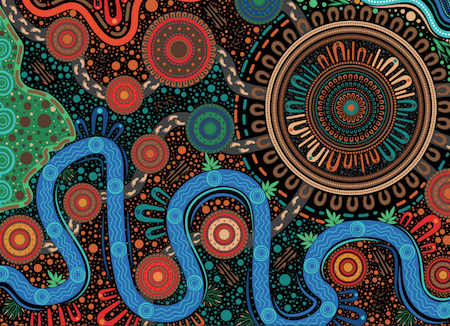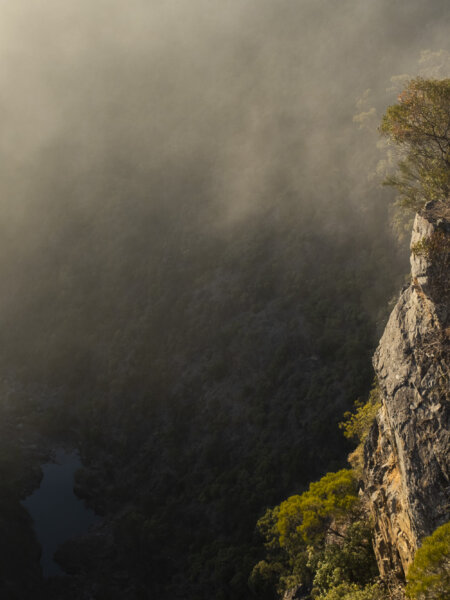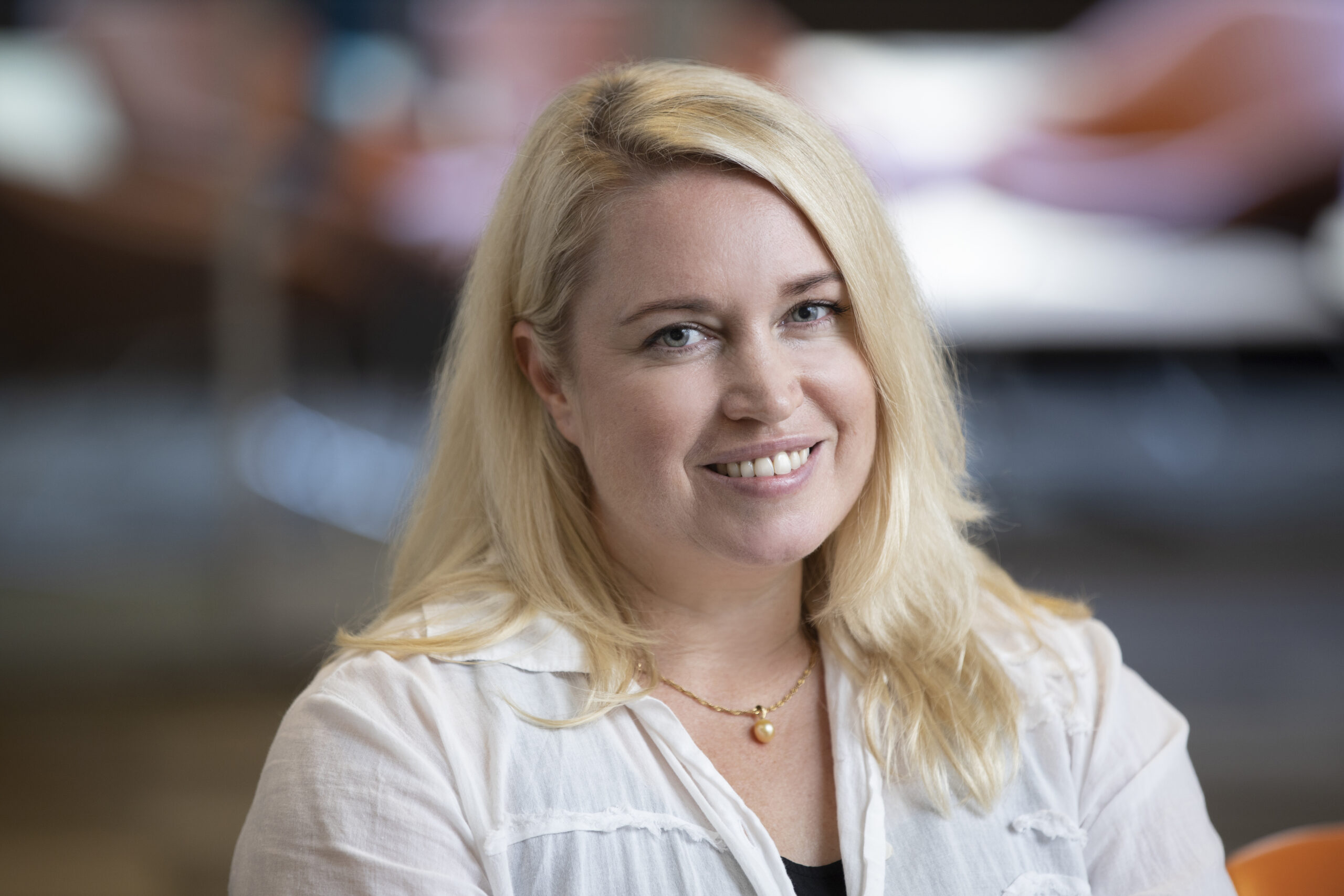This would be June’s final Press Club address in her capacity as Aboriginal and Torres Strait Islander Social Justice Commissioner. The event was entitled ‘What next? First Nations Gender Justice’.
I recall having the privilege of hearing June present at a NSW Bar Association event in Sydney some 10+ years prior. Speaking predominantly to a room of legal professionals, June told a powerful story of the ability of First Nations community-led initiatives to drive real and positive change for our people; even in the most challenging of circumstances. June was of course speaking of her work with the amazing First Nations women of Fitzroy Crossing in the WA, where an unassuming group of community leaders fought to introduce local alcohol restrictions as a means of combating the incidence of Fetal Alcohol Spectrum Disorder (FASD). This same message of community strength and leadership rang true in last week’s Press Club address, where June spoke of the importance of policy makers working closely with First Nations Peoples… “people who are living in those spaces [and who] hold the solutions for change”.
As a prime example of First Nations leadership in practice, June took the National address as an opportunity to celebrate the recent inauguration of the Wiyi Yani U Thangani First Nations Gender Justice Institute. Wiyi Yani U Thangani is a new institute within the Australian National University (ANU) that will be focused on advancing the voices of First Nations women and girls and helping to improve the policies and structures shaping the lives of First Nations Peoples. One week prior, at the launch of the ground-breaking First Nations institute – what I hear was a fantastic event – ANU Chancellor Julie Bishop had this to say about June’s next venture… “in the wake of the Voice to Parliament referendum, it is urgent that we listen to First Nations women and work with them to address inequalities, and help design the path towards a better, brighter and more inclusive future”. In June’s own words, “we have a new frame this year, a First Nations gender justice lens… we will use this lens and actively reconstruct the social fabric, the bedrock of Australian nation building to benefit all Australians”.
On behalf of ANTAR and all our supporters, I would like to thank June for her past seven years of service as Australia’s first female Aboriginal and Torres Strait Islander Social Justice Commissioner. June’s tireless commitment to improving the lives of First Nations Peoples across Australia is inspiring. I wish June all the best in her new capacity as inaugural Chairperson of the Wiyi Yani U Thangani First Nations Gender Justice Institute, and I look forward to seeing the trailblazing work that comes out of Wiyi Yani U Thangani over the coming years.Whilst in Canberra last week, I also had the honour of meeting the fearless Thomas Mayo. In case you have been trapped under a bookcase the last 24 months… Thomas was instrumental in the development of the Uluru Statement from the Heart in 2017 and has been campaigning tirelessly for a Voice to Parliament and a Makarrata Commission since then. Despite the devastating failure of the Referendum only several months ago, Thomas graciously agreed to do a webinar for the ‘Allies for Uluru’—a coalition of more than 275 community, non-government and corporate organisations from across Australia that came together in 2023 to support the implementation of the Uluru Statement from the Heart.
Cool, calm and collected… yet fierce. This is perhaps how I can best describe my experience of Thomas, as I listened to him read several raw and emotive excerpts from his soon to be released book ‘Always Was, Always Will Be’ to more than 100 online viewers. Side-bar, I would like to thank the National Association of Aboriginal and Torres Strait Islander Health Workers and Practitioners for lending us a conference room for the online event. Due for release on 2 July, Thomas’ new book will give readers insight into the Uluru Statement and what we do with it now; History – from pre-colonisation through to current times; Truth and Lies in the Referendum context; and What to Do Next – what people can start doing today.
Much of what Thomas shared was worthy of headline status, yet what I found most telling was his message of hope. Despite all the adversity, racism and disappointment that he has faced – especially the last 24 months – Thomas is steadfast in his holding out hope… hope for real change for our First Nations families and communities, hope that one day we will put our colonial past behind us and choose belated recognition and justice, in short, hope for a better future for Australia. Interestingly, it was this same sentiment that underpinned the Close the Gap shadow report released by the Lowitja Institute a couple of weeks ago and laid the foundation for June’s address to the National Press Club, namely that we must continue to hope for a better future, and that we must continue to see our people for who we are—a strong, resilient and deadly mob.
As Thomas put it during the Allies for Uluru webinar, we must ‘inoculate our hope’ – that is to say, we must introduce hope into every corner of our First Nations communities. In particular, we must inoculate and then inculcate hope in our young ones, where it will grow and spread, and will eventually constitute the immovable foundation from which our people will once again unite in the name of justice and our rights. Thomas reminded me that as with the long march to the 67’ Referendum and the fight for justice for Stolen Generations, Stolen Wages and land rights, our people were always told NO first. Yet despite these devastating early setbacks, our people persevered and ultimately prevailed… the 23’ Referendum will be no different.
